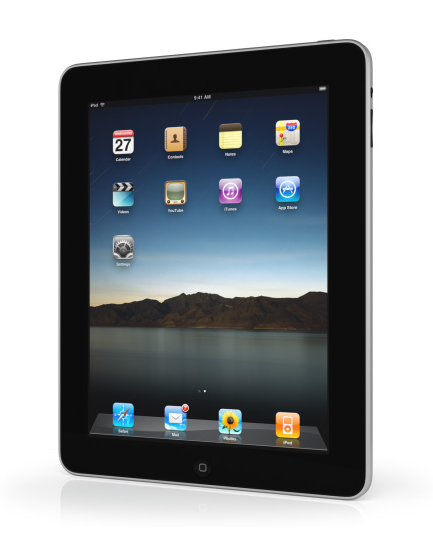Minority Report-style interface comes of age
I'm a sucker for new user interfaces. I've written about them before here and here and here.
When anybody talks about the future of the UI, they always end up referencing Minority Report – in fact, the section with Tom Cruise in front of a fully 3D interface responding to his gestures is probably the most memorable in the film (or is that just me?).
Now, John Underkoffler, the man who helped create the interface in Minority Report, is on TED demonstrating a working prototype. It's pretty smart and I want one.
Of course, as we move to these kind of interfaces (and even the more pedestrian reconfigurable ones we have now) the job of information architects and user experience experts will become both massively more complex and, I'd argue, more interesting.




 Jason Ball
Jason Ball

